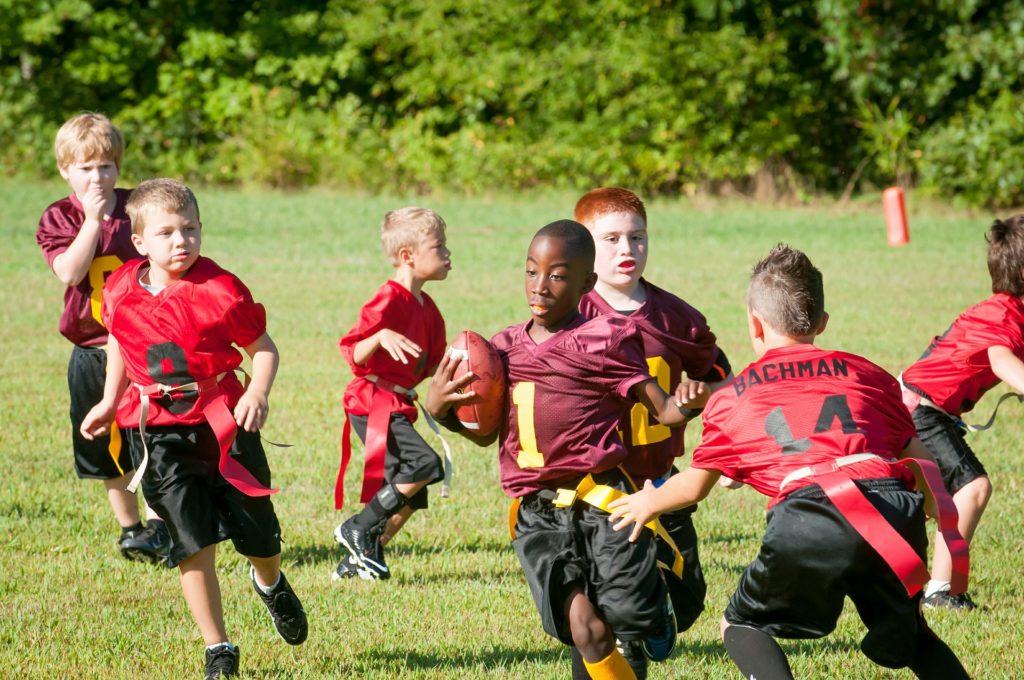
Are your kids drinking enough?
By: Dr. Anthony Crocco, pediatric emergency physician, McMaster Children’s Hospital
What is dehydration?
The word dehydration may sound complicated, but it really just means “dry body.” It’s a common ailment among kids, especially in the summer. Luckily, it is usually easy to prevent and treat, once you know how to spot the signs.
Dehydration can occur either because not enough fluid is getting into your body, or your body is losing too much fluid. The first scenario usually happens when a child is not feeling well (and may be vomiting) or isn’t able to drink enough fluid. The second scenario is usually caused by diarrhea or excessive sweating. Sweating is your body’s way of cooling down when it’s hot, but when you sweat, you lose fluids. That’s why we tend to see more cases of dehydration in the summer. It’s a natural, healthy response to heat, but if that fluid isn’t replaced you can get dehydrated.
How can you tell if your child is dehydrated?
- Ask them if they feel thirsty. Thirst is the body’s way of telling us it needs more fluid.
- Look inside your child’s mouth. If it looks dry, they may be dehydrated.
- Check your child’s urine. Infrequent urination or concentrated, dark urine are signs of dehydration.
- Try the capillary refill test: press the tip of your child’s finger so it turns white. Release and time how long it takes to pink up again. If it takes more than a few seconds, they may be dehydrated.
How to rehydrate
If you’re worried that your child is dehydrated, you should give them something to drink as soon as possible. Water is a good option, but if your child is sweating a lot they may need something more. That’s because when we sweat, we lose both salt and water. Sports drinks are a good option because they help to replenish both of those things. Depending on how dehydrated your child is, they may need 2-3 times more than they would usually drink.
Left untreated, dehydration can become severe and lead to symptoms like dizziness, rapid breathing and fainting. If your child doesn’t seem like themselves, you should take them to your local urgent care centre or emergency department for treatment.
To prevent dehydration before it starts, make sure your child is drinking fluids regularly, including sports drinks if they’re active outside in the heat. Encourage kids to dress in light clothing that’s appropriate for the weather, and to avoid intense activity during the hottest hours of the day.
The risk of dehydration doesn’t have to put a damper on your summer fun as long as you plan ahead and play safe!
